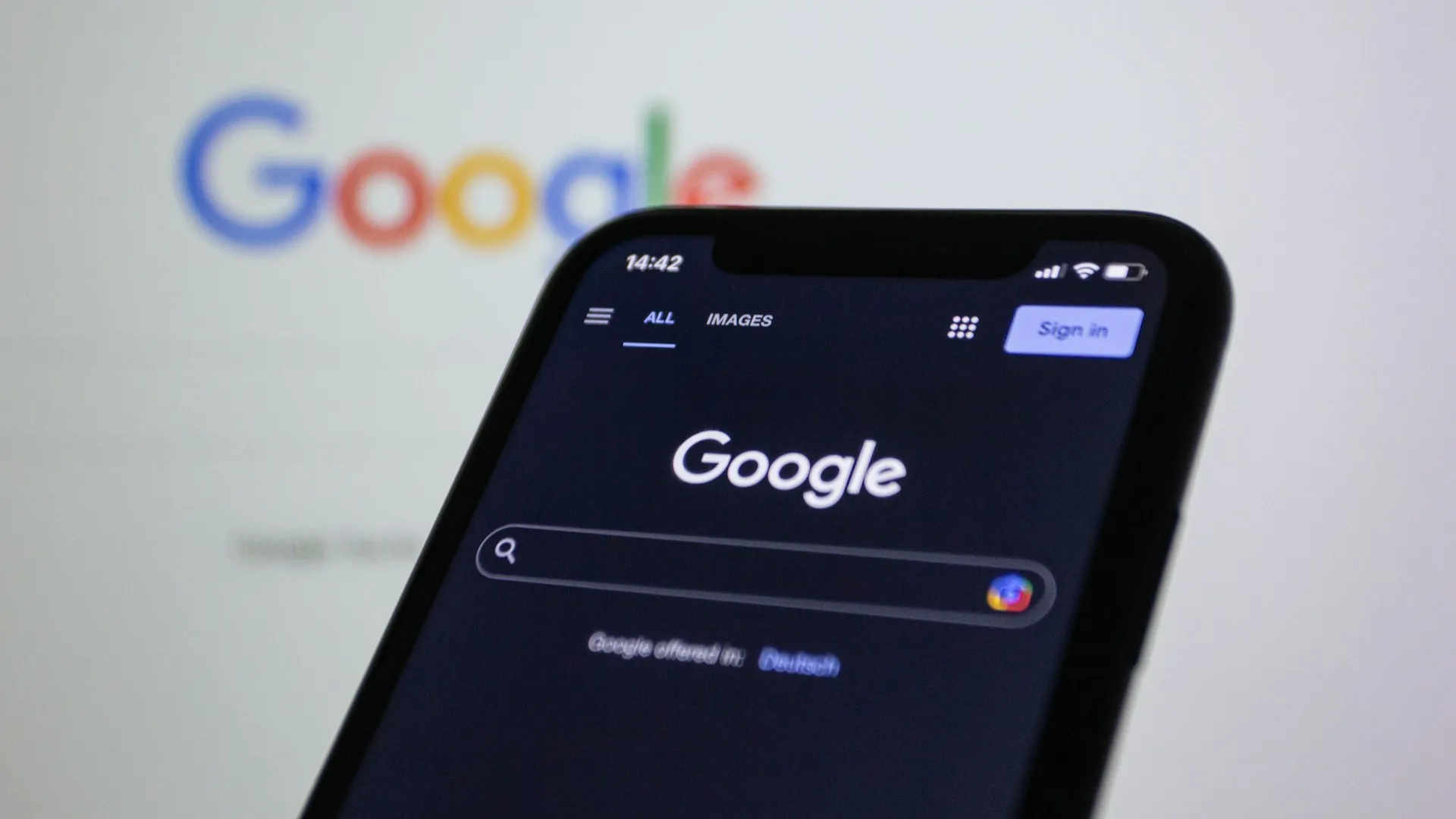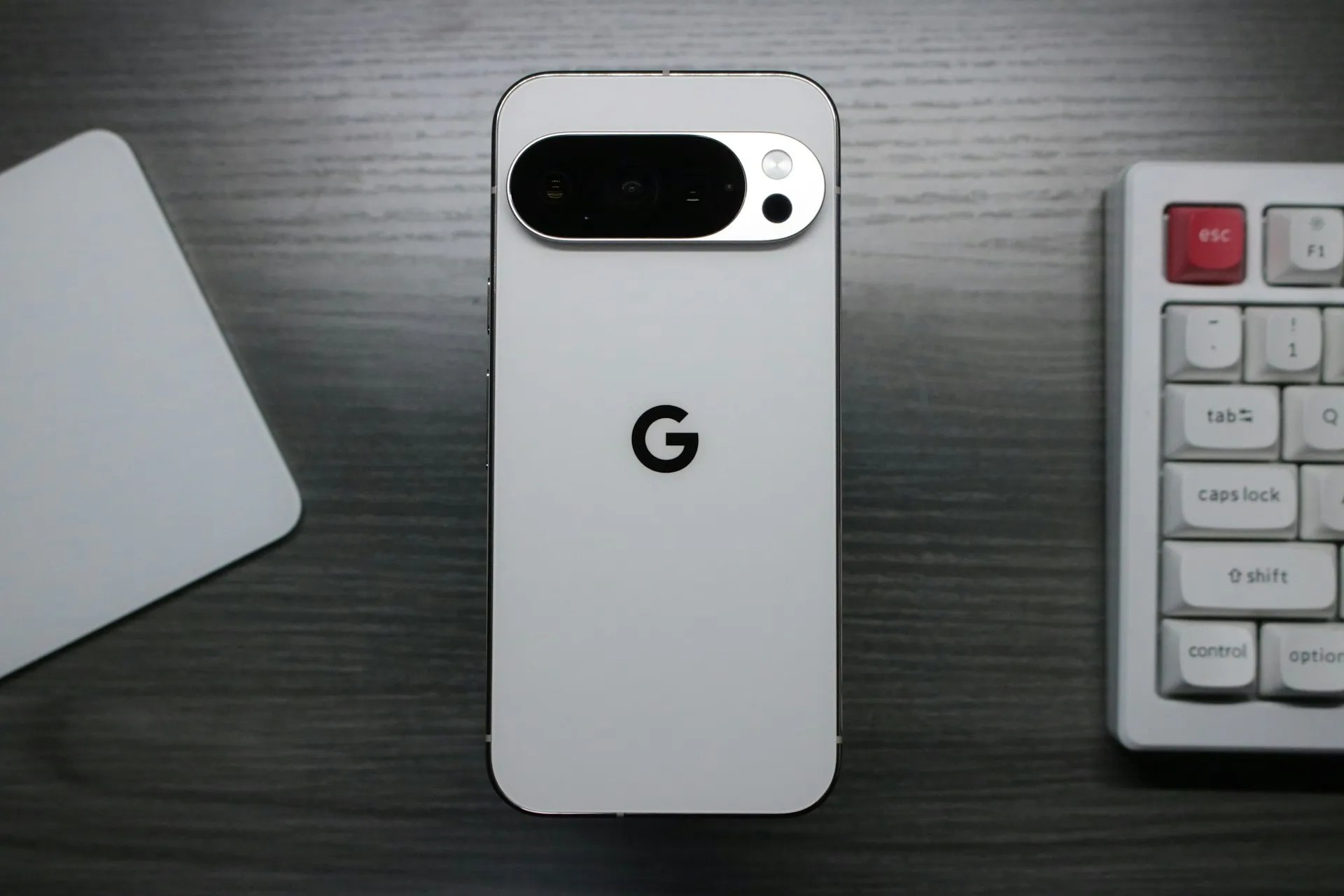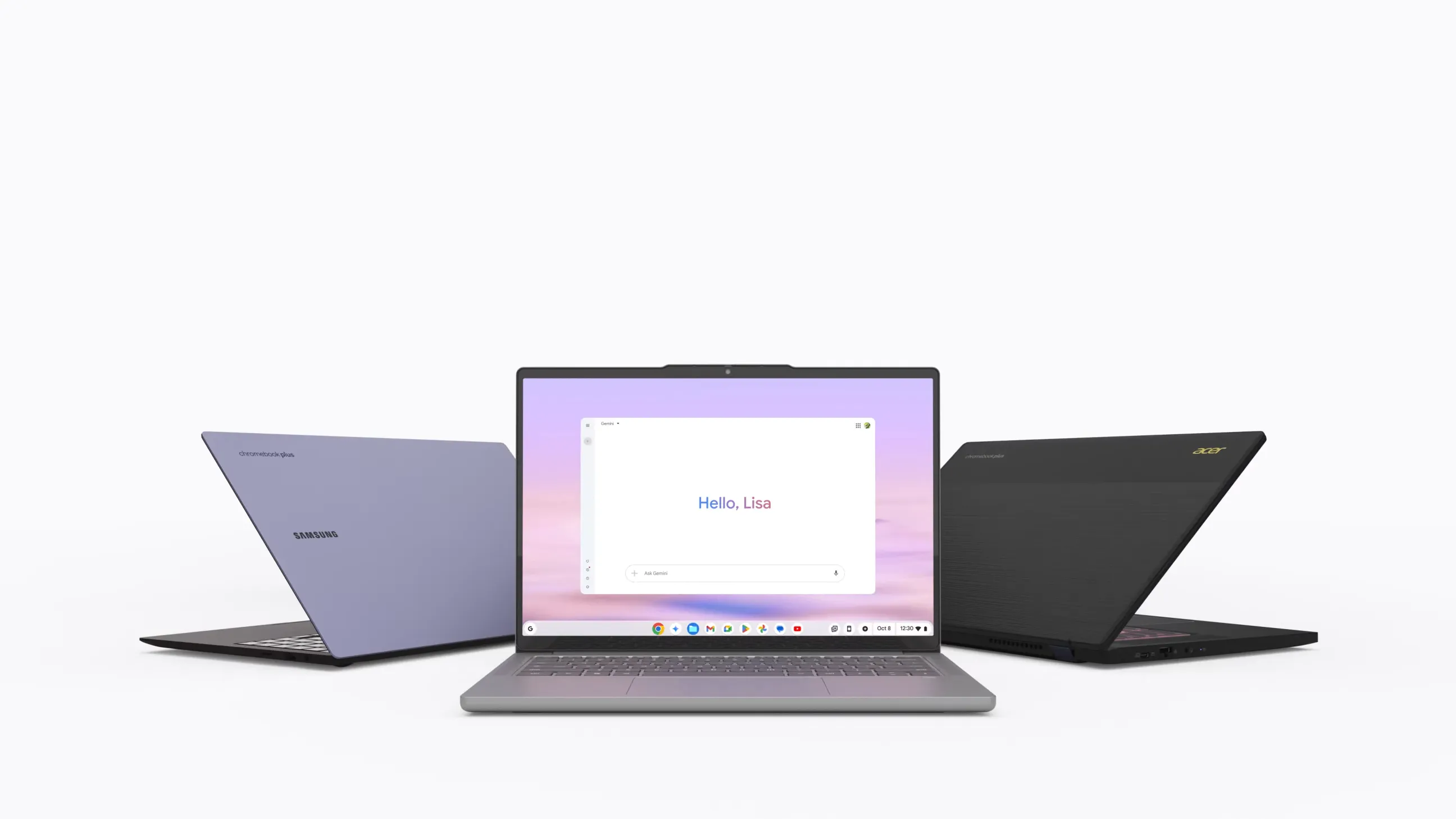After years of Android users watching iOS get privacy features first, the tables are finally turning. Google is currently testing a private search mode for its Android app that mirrors functionality iOS users have enjoyed for some time, according to Android Authority. Here is the twist: this long-awaited feature arrives just as incognito mode faces fresh scrutiny over what it actually protects, and what it does not.
The timing could not be more interesting. Google recently resolved a massive $5 billion class-action lawsuit by committing to delete billions of private browsing records and improve privacy disclosures, according to Kahana. The same study reveals that 70% of users fundamentally misunderstand what incognito mode does. So while Android users cheer for feature parity with iOS, the bigger question lingers: Does private browsing deliver the protection people think it does?
What's actually coming to Android
Google is developing a private search capability for its Android app that disables search history for individual queries. If you are expecting the familiar Incognito branding, brace for a new label. The feature will likely be called History Off Search instead, a little clinical, sure, but accurate and clear from a UX perspective.
Here is how it works: when you start typing in the Google app, a new toggle appears right above your keyboard, according to Android Authority. It sits where your thumbs live, hard to miss, which helps prevent accidental breadcrumb trails. On iOS, you duck into the profile menu to get private search, so Google's approach feels faster for quick privacy decisions.
The clever part is the end-to-end handling. Flip the toggle, run a search, and the results do not open inside the Google app. They launch in a Chrome Custom Tab that is automatically set to incognito, Android Authority explains. The privacy context carries forward to any full Chrome tabs you open afterward, so you are less likely to spill out of a private session mid-scroll.
The broader privacy puzzle
This Android update arrives amid growing doubts about incognito mode's real-world protections. Private browsing does not mask IP addresses or stop ISP and website tracking, Kahana research indicates. Your browser avoids saving history locally, yet your internet service provider can still see where you go online.
Fingerprinting and IP tracking keep operating during incognito sessions, the same research shows. It is like wearing a disguise that covers only your face, while your voice, gait, and habits give you away. Websites can still stitch together who you are.
There is another worry. Volatile memory analysis can recover incognito browsing history, according to Kahana. In certain conditions, experts can piece together activity even after those tabs are closed.
Corporate networks raise their own stakes. Administrators and security tools can still monitor incognito activity, Kahana reports. That creates compliance risks when employees use private browsing for sensitive work, especially in regulated industries like healthcare or finance, where access must be tracked and audited. What feels private to the user can be visible to IT, a recipe for false confidence.
The most common pitfall is that people use Incognito for sensitive tasks while assuming it blocks comprehensive tracking or data collection, according to the same source. That mismatch leads to risk, not relief.
Google's expanding privacy ecosystem
The Android app update is one piece of a broader push. Google has been stitching privacy features across its services rather than tossing out one-offs.
Chrome for Android recently gained the option to lock incognito tabs when you exit the browser; it requires biometric authentication to resume private sessions, Mashable reports. The feature brings Android up to parity with iOS, though it is disabled by default and must be turned on in Chrome's Privacy and Security settings. Handy when someone grabs your phone to check a text, those private tabs stay sealed.
Google Maps has also embraced incognito functionality, letting users navigate without saving routes or visited locations. Activation is simple: tap the profile icon in the Maps app to enable it, the same source explains.
The Maps mode shines in everyday moments: planning a surprise party and do not want the venue in your history, or house hunting and keeping those addresses private for now. There are trade-offs, however. You cannot access navigation history while in incognito, and visited locations do not save to your timeline.
What this means for Android users
Private search in the Google app finally brings Android into line with iOS, and it highlights how messy digital privacy feels in 2025. The new feature blocks local search history, which is great for day-to-day peace of mind.
Here is what you are getting: strong protection from casual snooping by anyone who uses your phone later, family, friends, coworkers. Your private searches will not show up in Google search history, will not obviously shape ad targeting, and will not pop up in shared suggestions.
Here is what you are not getting: anonymity from your internet service provider, insulation from fingerprinting, or invisibility on corporate and school networks. For broader protection, users need additional tools like VPNs and anti-fingerprinting browsers, Kahana research suggests.
Bottom line, Android users are getting a useful privacy tool that matches iOS, but it pays to know its lane. Private search modes keep queries out of local history and prevent awkward auto-suggestions; they are one layer in a bigger privacy stack, valuable, not complete.
As Google expands these features across its ecosystem, the real win comes from understanding both the capabilities and the limits. Think of incognito mode as privacy training wheels, a smart start for better habits, and a nudge toward stronger tools when you need them.

























Comments
Be the first, drop a comment!